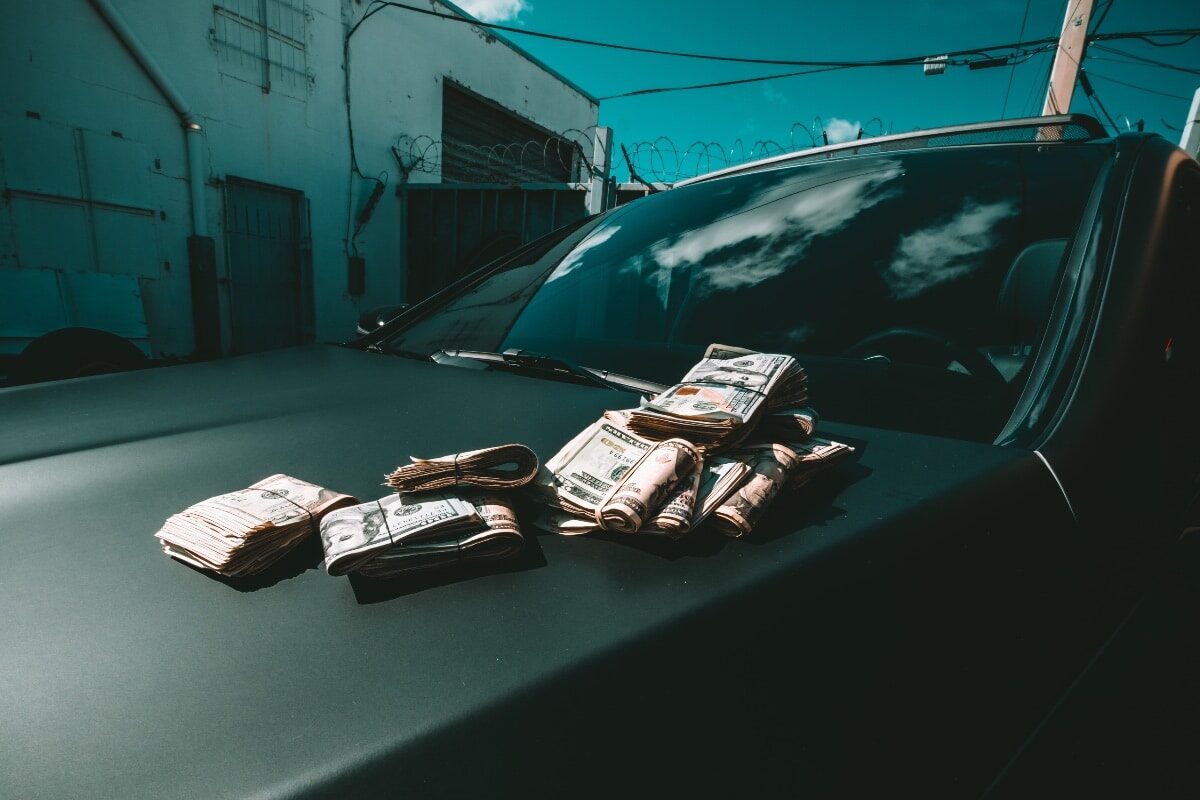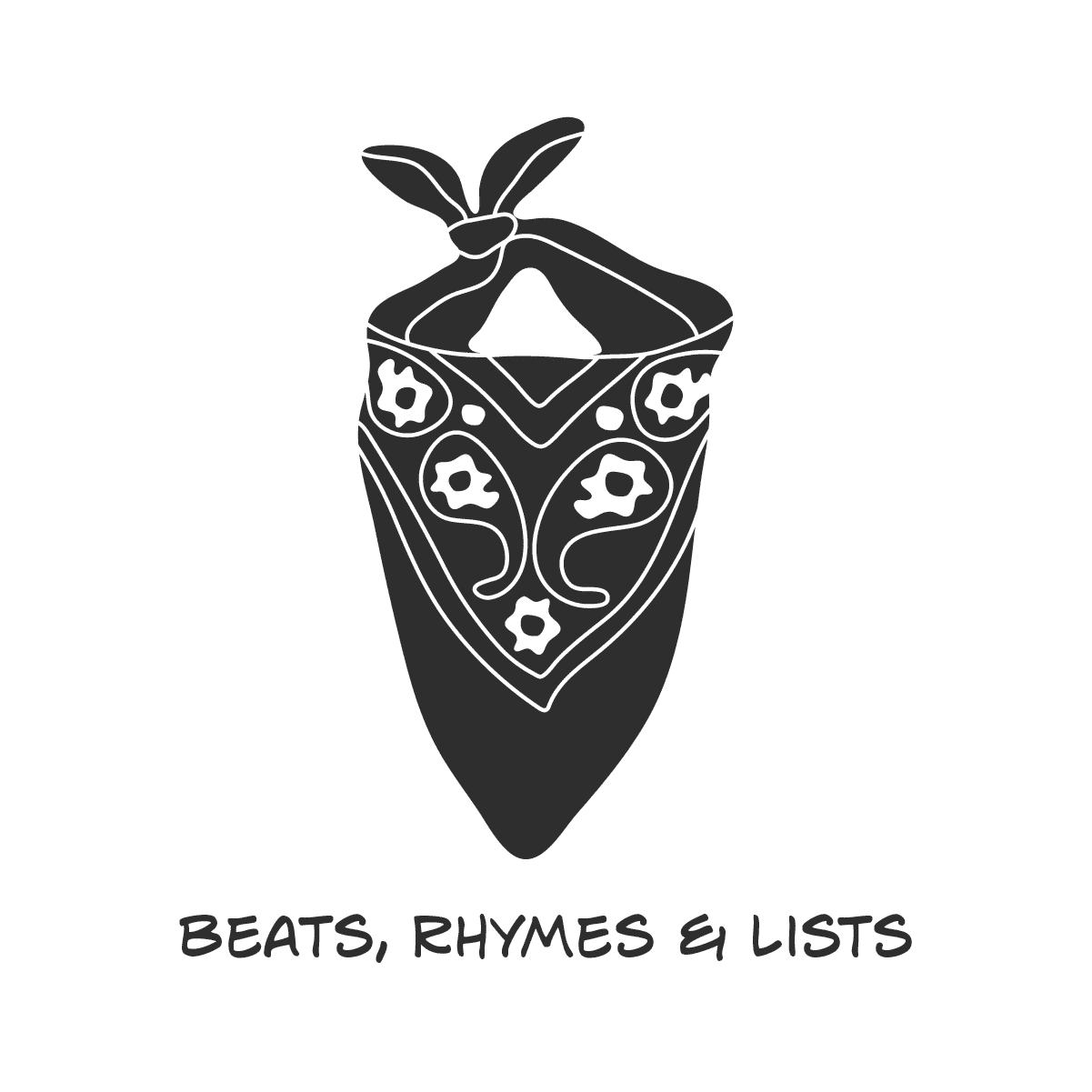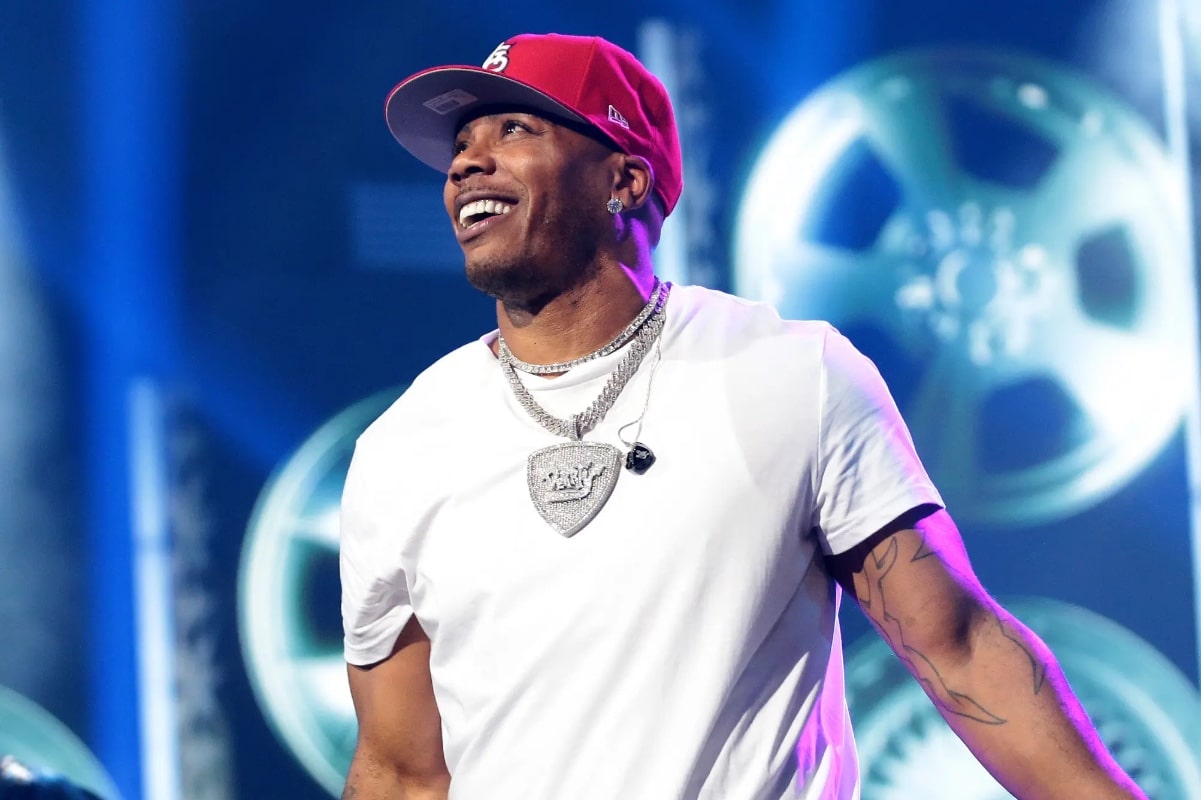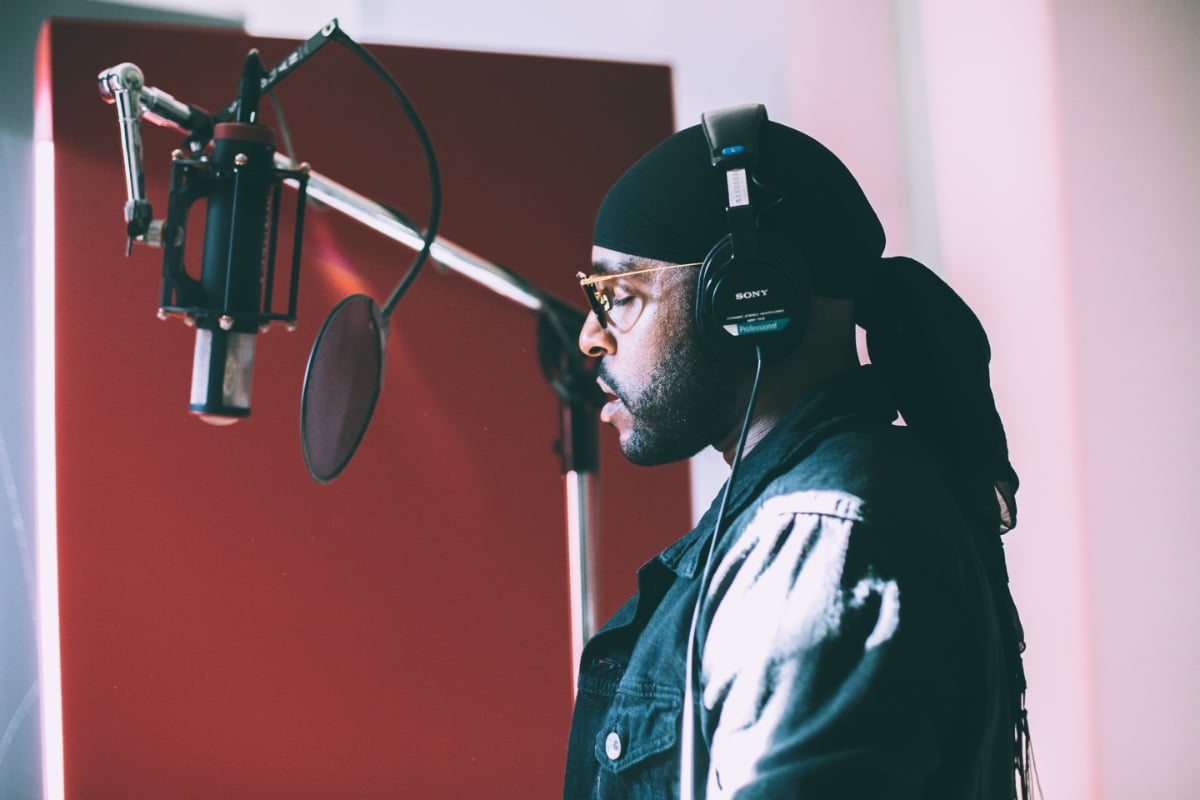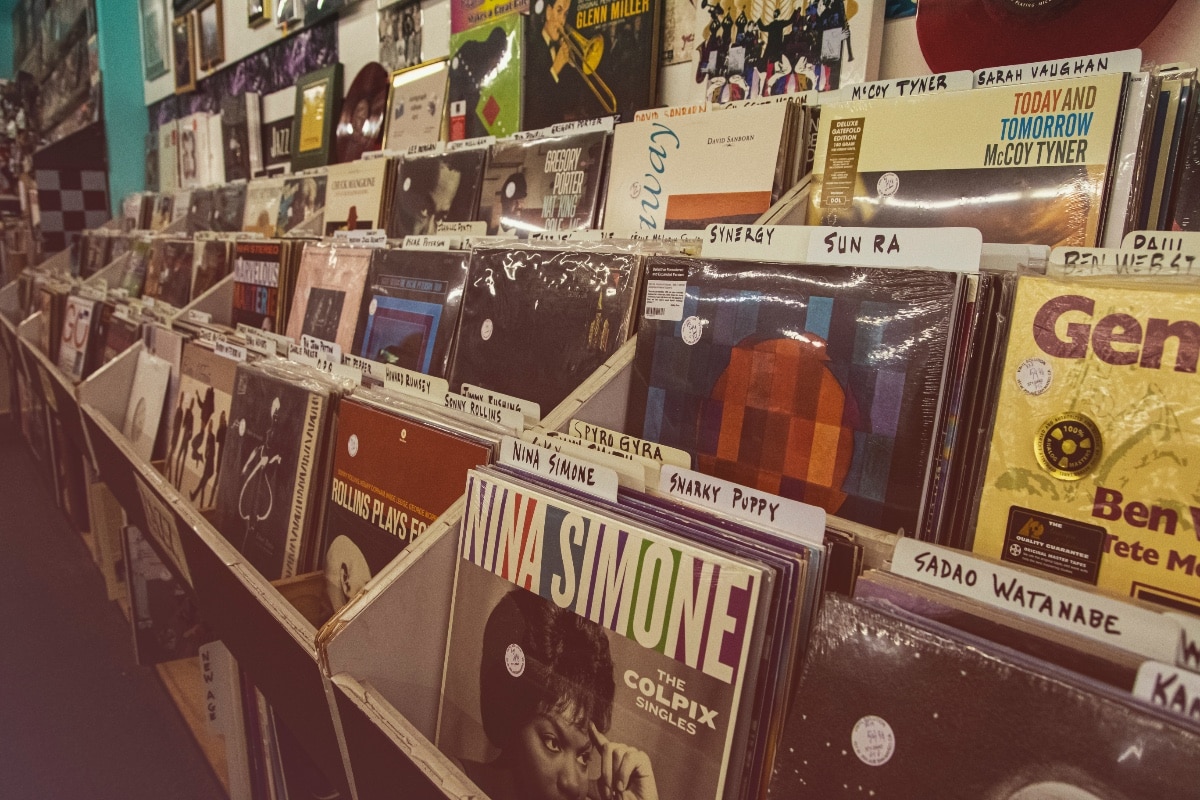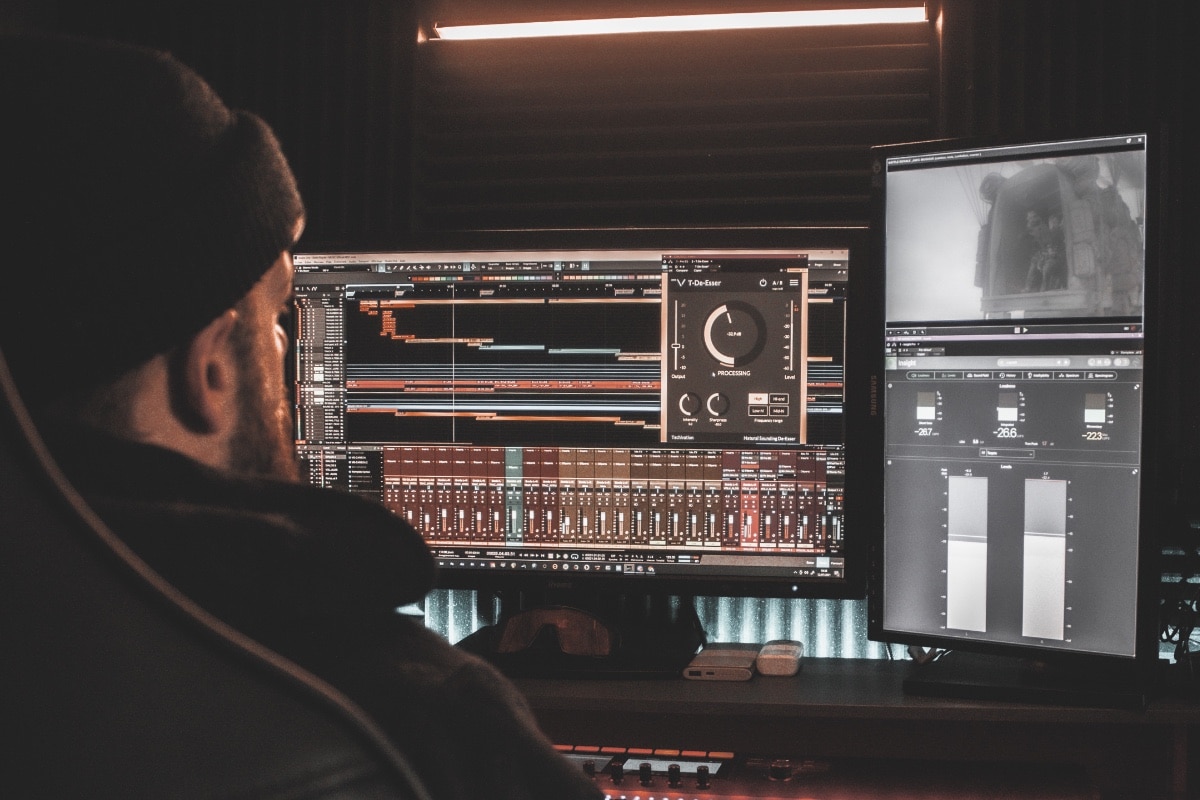For any musician, being able to make a living from their talent is one of the most important and desirable goals they can achieve. For an independent hip hop artist, though, the challenges to make that happen can feel somewhat more acute.
To help you make sure that you are going to be making as much as you can from your undoubted ability, you have to understand music royalties.
They are, for a large chunk of the musicians in the world, the lifeblood of being able to live off their talent.
If you want to make sure that you are getting every dollar that is due to you for your hard work, then keep reading on. We’ll help you understand the importance of music royalties, and why they need to be understood to be earned.
The music business, like many entertainment industries, appears to run entirely on adrenaline. The logic in how much of it works can be disputed, but, sadly, that’s the way it works at the moment.
To help you make sure that you aren’t being stiffed out of your hard earned, it’s important that you can both locate and understand where your royalties are – and should – be coming from at all times.
Determining royalties
The first thing to look at is how this all actually works. As ever, the business side is made to be complex enough that most legal layman either pay someone to spell it out to them, or just don’t bother.
That’s dangerous, though, or pretty expensive. What you need to get first is that royalties are determined by various bodies.
Some are determined by the government; some find themselves in the court room.
Others are paid via a contractual agreement, or a license agreement with a company (the most likely for independent artists) online or otherwise.
Some royalties are agreed with a specific contract with a particular buyer. You, the artist, becomes the seller and you agree a fair rate for usage.
While many artists get their royalties through a record label, as an independent artist you will most likely be dealing with option B. Your best bet for getting listens and play in the music industry as an independent is to use the bottomless appetite of the internet and feed those who enjoy your particular brand of hip-hop.
So, you have to know how to best look after yourself on the internet – online distribution is still growing. Out of all the forms of royalty, it’s probably the most viable option available to you.
Dealing with copyright
A quick aside is to say that, as a musician, you need to look to deal with six different kinds of music copyright.
This means that you need to copyright yourself for protection on digital platforms, for modifications and re-uses of your work, for reproduction on CDs and digital download, for performances on shows, radio, TV and even public places, and lastly display (typically lyrics being re-used) so, as you can imagine, you have a fair chunk to learn about copyright as well as royalties.
However, without copyright you can’t make the same claims for royalties, so it’s vital to look into both. Before getting too caught up in the legalities, though, let’s take a look at some more detail about what the industry expects.
Performance rights
These are the most common form of royalties, and are going to be the lifeblood of your contractual movement forward with royalties. These are royalties you get when you are played live – that can be you playing it love, it could also be a live playing on a radio show, TV show, movie etc.
Every time it gets played in public, basically, you are due a performance royalty. Performance royalty obvious differs from what is known as Synchronization and Mechanical royalties. Synchronization royalties are when you sell the rights to a TV show, movie or some other form of media to use as needed. Mechanical is when you get a royalty for it being sold on a CD or just when someone buys any of your content.
Keeping track of all forms of royalties are very different, but Mechanical and Synchronized are easier recorded and thus you can very easily keep track of any royalties you might be due. Performance royalties are by far the hardest to keep track of.
It’s why you should always look to hire a performance right collection society such as the BMI or ASCAP to help you do the chasing. You’re an artist, not a bounty hunter, so leave the analysis and the chasing to someone who is more equipped to deal with such a challenge.
This is not the forte of many artists, so it’s important that you can do everything that you can do chase down as much as you can. The service might seem an expensive, but it’s easier that losing valuable hours to chasing royalties.
Keeping on top of your royalties
So, as you can see, the challenge of managing royalties is pretty excessive. The legal nature of such a tightknit part of the music industry can feel overwhelming and a little unfair. Instead, you can look to apply to the Performance Rights Societies mentioned above and they can make sure that you good the best protection that you can.
You’ll need to work to the deal whereby you work with the society. In these deals, you both get 50% of the songs that are registered, with the societies paying both publisher and songwriter half each. This means that you aren’t having to wait on the publisher to pay you, which is perfect as an independent artist when you can do with the more fluid income.
Most of the time, by the way, you will be getting paid in quarterly volumes so you can be sure that you are picking up a nice little income every three months. It’s a nice way to ensure you are getting every dollar that you should be, too.
While there is still much for you to get and learn about the challenge of using royalties, it’s something that you should almost certainly look to master. It can be the difference in being able to make a living as an artist, or being able to move so much further forward with your ambitions, using the money you were missing out on!
